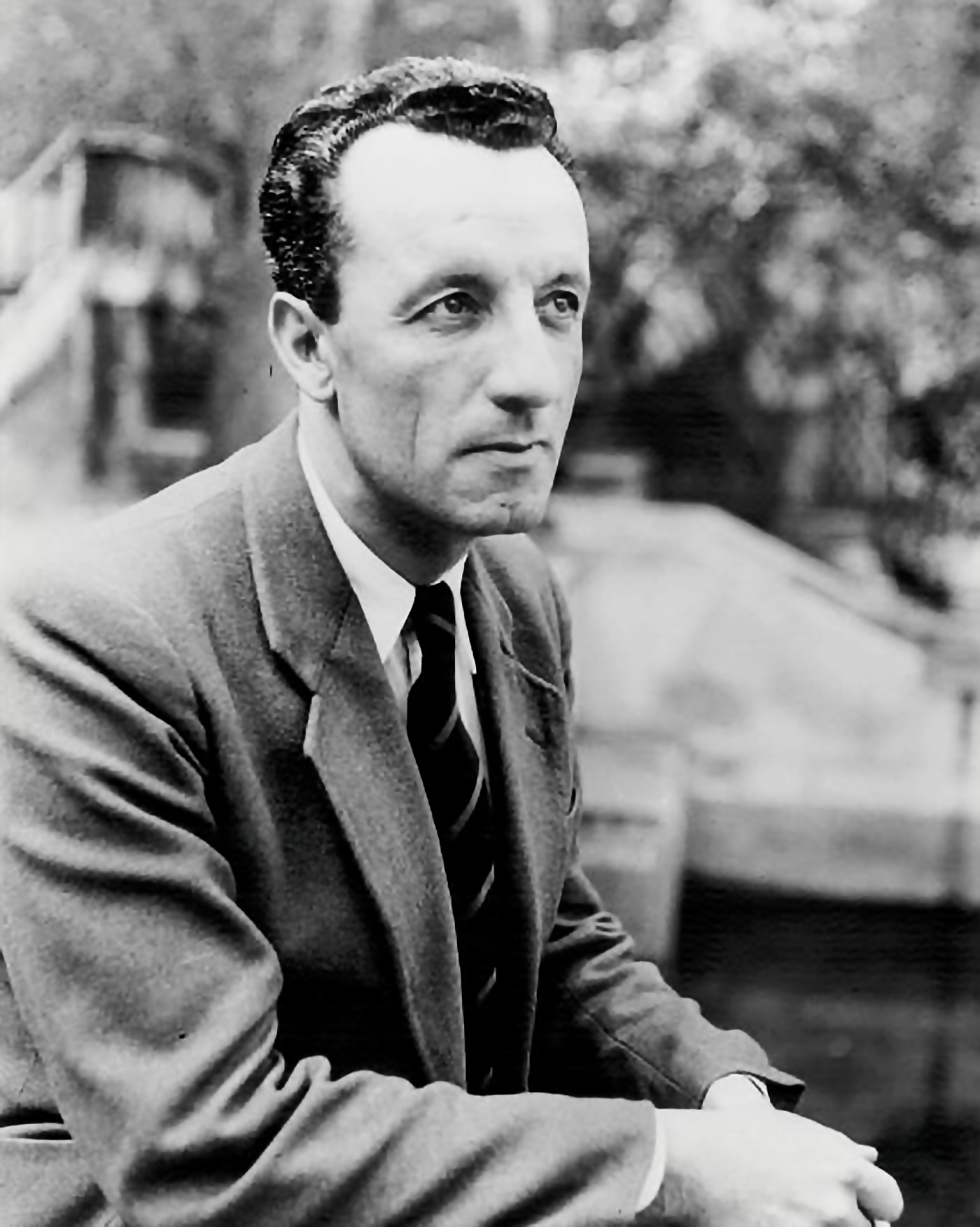
Chiasmi International
Publication trilingue autour de la pensée de Merleau-Ponty
Trilingual Studies Concerning the Thought of Merleau-Ponty
Pubblicazione trilingue intorno al pensiero di Merleau-Ponty
Call for papers:
Merleau-Ponty, la littérature et le langage littéraire
Merleau-Ponty, literature, and literary language
Merleau-Ponty, la letteratura e il linguaggio letterario
Deadline: January 20th, 2019.
The 21st issue of Chiasmi International: Trilingual Studies concerning Merleau-Ponty’s Thought (2019) will be devoted to the theme of “Merleau-Ponty, Literature, and Literary Language.”
Near the end of the Preface to Phenomenology of Perception, philosophy is joined precisely with both modern literature and modern painting: “Phenomenology is as painstaking as the works of Balzac, Proust, Valéry, or Cézanne – through the same kind of attention and wonder, the same demand for awareness, the same will to grasp the sense of the world or of history in its nascent state” (PP, xvi/lxxxv). A Working Note for The Visible and Invisible from June, 1959 states: “Being is what requires creation of us for us to experience it. Make an analysis of literature in this sense: as inscription of Being” (VI, 251/197). We also have Merleau-Ponty’s essay on “The Novel and Metaphysics” (1945) and we have his discussion of Saussure’s diacritical theory of signs and critique of Sartre’s What is Literature? in “Indirect Language and the Voices of Silence.” The lecture “Man and Adversity” is essential and equally so the manuscript of The Prose of the World. Thus, throughout all his œuvre, Merleau-Ponty’s profound engagement with literary writers is readily apparent: Proust and Valéry already mentioned, also Stendhal, Paul Claudel, Claude Simon, Baudelaire, Rimbaud, Breton, Balzac, Mallarmé, Francis Ponge, and Simone de Beauvoir, to give an incomplete list.
We also have recent publication of complete French transcriptions of Merleau-Ponty’s first two courses given at the Collège de France in 1953, both on questions of perception, expression, and literary language: Le monde sensible et le monde de l’expression (Genève, MetisPresses, 2011) and Recherches sur l’usage littéraire du language (Genève, MetisPresses, 2013). Publication of the French transcription of Merleau-Ponty’s Thursday course of 1953-1954, Le problème de la parole, continuing these themes, is announced as imminent by the same publishing house.
In the thought of Merleau-Ponty, the relation between philosophy and literature is more original, as well as more radical, than referring to literary works as philosophical illustrations or objects of study, and offers an implicit conception of literature that makes the literary writer a partner of the phenomenologist. Merleau-Ponty deepens the dimensions of this partnership along many lines: in an empathetic reading of certain writers; in a conception of language searching for a delicate articulation of relationships and reality; and also by strategies of original expression that endeavor to respond to the requirements posed by the concepts of the flesh, being, and of philosophy itself. To mention only the most prominent examples, in relation to Proust, the philosopher developed his conception of “sensible ideas;” in relation to Claudel, his conjoining of birth and knowledge as “co-naissance;” from Valéry came “chiasm” and the “chiasma of two destinies;” from Claude Simon came “the flesh of the world.”
Chiasmi Volume 21 invites submissions written in French, English or Italian on any of these themes, figures, the overall stamp of literature and literary language on the philosophy of Merleau-Ponty, as well as correlations and crossings between Merleau-Ponty and the literary theories of other prominent contemporaries such as Nancy and Blanchot.
Please find the editorial guidelines and requirements here
Submit contributions to:
Galen Johnson (Issue coordinator, Codirector): gjohnson@uri.edu
Anna Caterina Dalmasso (Editorial Coordinator): annacate.dalmasso@gmail.com
or
Submissions in French:
Mauro Carbone (Codirector): Email: mauro.carbone@univ-lyon3.fr
Submissions in English:
Ted Toadvine (Codirector): Email: tat30@psu.edu
Submissions in Italian:
Federico Leoni (Codirector): Email: federico.leoni@univr.it